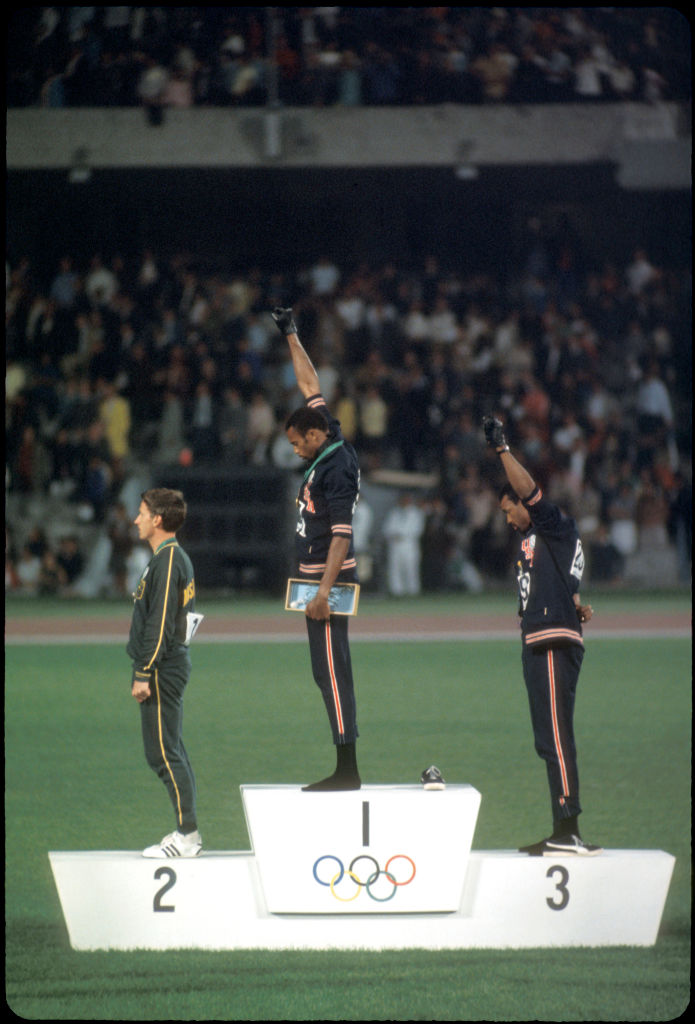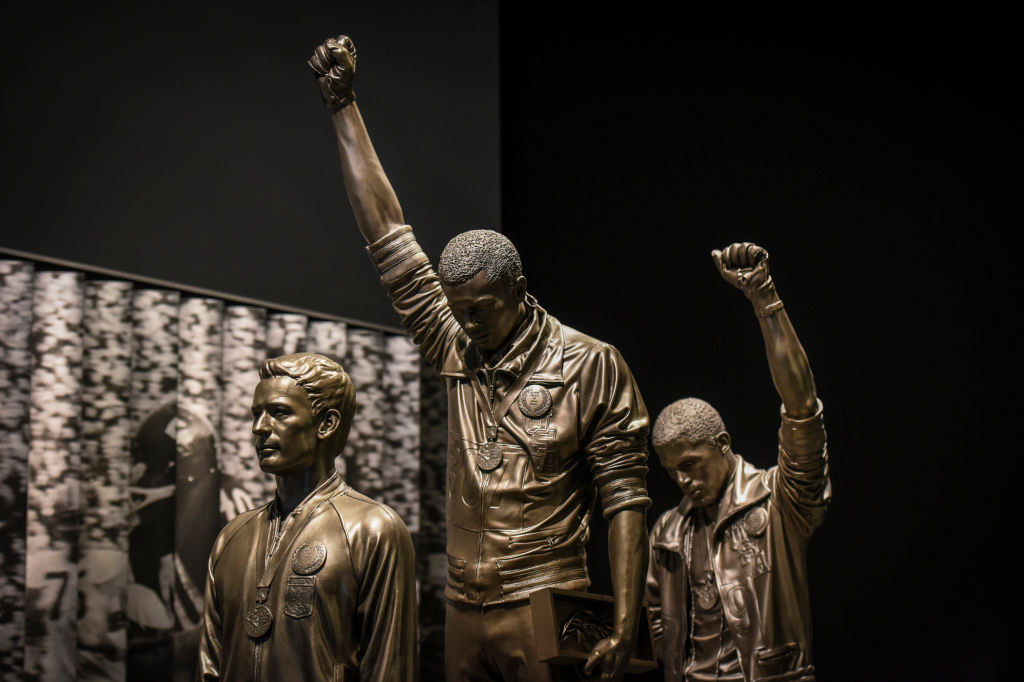As they shouldn’t be!
After a year that saw the biggest mass protest of racial injustice in United States history, one would imagine the upcoming Olympic and Paralympic games would be rife with messaging, protests, demonstrations, and perhaps even some anger. It has to be a daunting task to be a premier Black athlete in your field and compete on behalf of a country, your country, that refuses to give a s#!t about your life. We can’t imagine walking around a foreign country donning the stars and stripes when the entire world watched the racial tension in America explode during the summer of 2020.
Today, according to the Daily Mail, the USOPC set forth a 9-page document that gives “guidance” about what types of “racial and social demonstrations” will and won’t be allowed in Tokyo this summer. After much pressure from the athletes, the committee announced that it will not enforce its longstanding ban of all protests at the Olympics. It goes without saying that this rule is the cause of considerable controversy between those who want freedom and those who don’t want to see Black folks and other groups making bold statements about oppression. As most of you know, this “debate” goes all the way back to the 1968 games when Tommie Smith and John Carlos raised their Black fists in solidarity in Mexico City.
The USOPC will allow raised fists, kneeling during the national anthem, in addition to garments with phrases like “Black Lives Matter,” “justice,” and “equality.” Athletes will not be allowed to wear anything bearing hate speech as defined by the Anti-Defamation League nor any physical actions that would impede others from competition like laying down on the ground or any action that would interrupt the field of play.
While that is admirable, there is one somewhat shady part of the document:
It sets out a process by which cases that step outside the rules can be decided. It also makes clear that while the USOPC will not sanction athletes for many actions, it cannot ‘prevent … third parties from making statements or taking actions of their own, and that each Participant must make their own personal decision about the risks and benefits that may be involved.’










Comments
Bossip Comment Policy
Please read our Comment Policy before commenting.